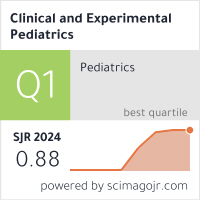Search
- Page Path
-
- HOME
- Search
- Editorial
- Review Article
- Original Article
- Case Report
- Original Article
-

-

-
6.02024CiteScore98th percentilePowered by
-
Impact Factor3.6
-
- TOPICS
- ARTICLE CATEGORY











